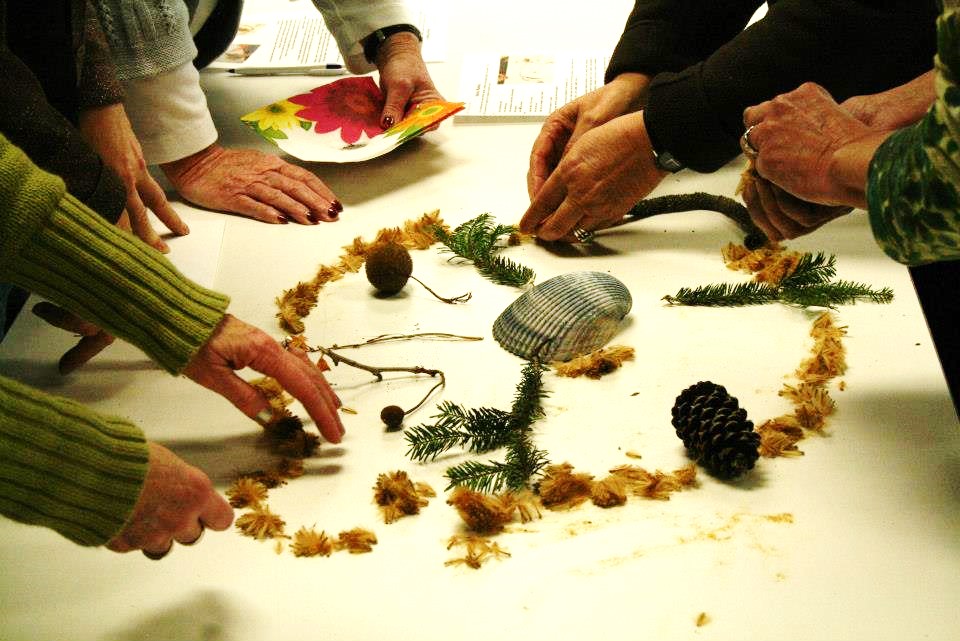Health
go.ncsu.edu/readext?236224
en Español / em Português
El inglés es el idioma de control de esta página. En la medida en que haya algún conflicto entre la traducción al inglés y la traducción, el inglés prevalece.
Al hacer clic en el enlace de traducción se activa un servicio de traducción gratuito para convertir la página al español. Al igual que con cualquier traducción por Internet, la conversión no es sensible al contexto y puede que no traduzca el texto en su significado original. NC State Extension no garantiza la exactitud del texto traducido. Por favor, tenga en cuenta que algunas aplicaciones y/o servicios pueden no funcionar como se espera cuando se traducen.
Português
Inglês é o idioma de controle desta página. Na medida que haja algum conflito entre o texto original em Inglês e a tradução, o Inglês prevalece.
Ao clicar no link de tradução, um serviço gratuito de tradução será ativado para converter a página para o Português. Como em qualquer tradução pela internet, a conversão não é sensivel ao contexto e pode não ocorrer a tradução para o significado orginal. O serviço de Extensão da Carolina do Norte (NC State Extension) não garante a exatidão do texto traduzido. Por favor, observe que algumas funções ou serviços podem não funcionar como esperado após a tradução.
English
English is the controlling language of this page. To the extent there is any conflict between the English text and the translation, English controls.
Clicking on the translation link activates a free translation service to convert the page to Spanish. As with any Internet translation, the conversion is not context-sensitive and may not translate the text to its original meaning. NC State Extension does not guarantee the accuracy of the translated text. Please note that some applications and/or services may not function as expected when translated.
Collapse ▲
- N.C. Cooperative Extension Health & Nutrition – Making healthy choices isn’t always easy. North Carolina Cooperative Extension’s educators help people sort facts from fads, providing research-based programs that promote a lifetime of good health. Programs cover a broad spectrum, from pesticide safety to indoor air quality, from childhood nutrition and physical activity to heart-healthy eating and food safety.
Nutrition
- Eat Smart Move More North Carolina & MyEastSmartMoveMore.com – Simple solutions developed in NC for helping others eat more fruits and veggies.
- Fruit & Veggies Matter – Recipes – The Centers for Disease Control and Prevention National Fruit and Vegetable Program
- Fruit and Veggies More Matters – Produce for Better Health Foundation
Food Safety and Food Preservation
- Fall Garden Produce – (when and how to harvest and store)
- A Handbook for Beginning and Veteran Garden Organizers: How to Reduce Food Safety Risks
- Food Safety Culture Team – Food Safety for School and Community Gardens
- Growing Safer Gardens
- Food Safety in School & Community Gardens, recording of a 45 min webinar with Dr. Ben Chapman (Skip Forward to the 35 min mark)
Summary of Key areas to address
- Site Selection – Learn the Site History (official and community knowledge)
- Hand washing – Soap and Clean Running Water and Dry with Single-Use Towel or wear single-use gloves to harvest
- Water – Use treated water source
- Compost – Put the bin as far from the garden as possible on the downhill side of the garden – don’t use raw manure in compost, ensure the compost is heated to 130 degrees for 5 days prior to using it in the garden
- Animals – Fence animals out.
- Sanitation & Tools – use one-use gloves to harvest, put harvest in clean, sanitized containers.
Dr. Ben Chapman, Benjamin_chapman@ncsu.edu, Twitter @benjaminchapman


